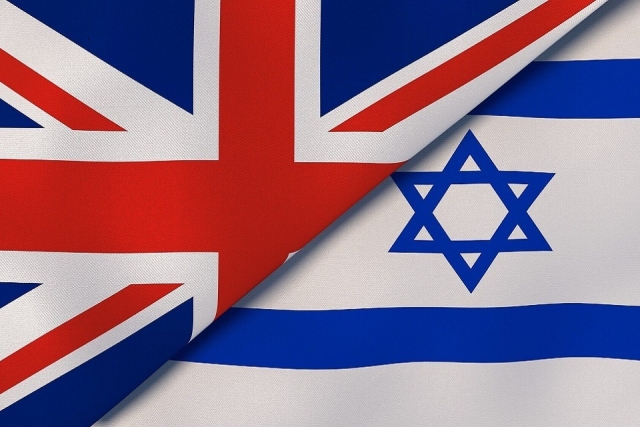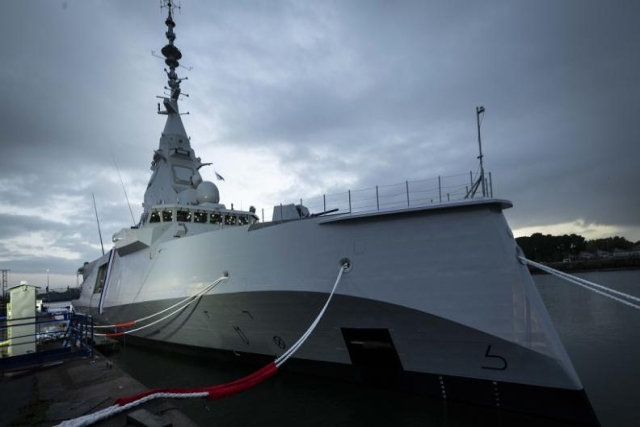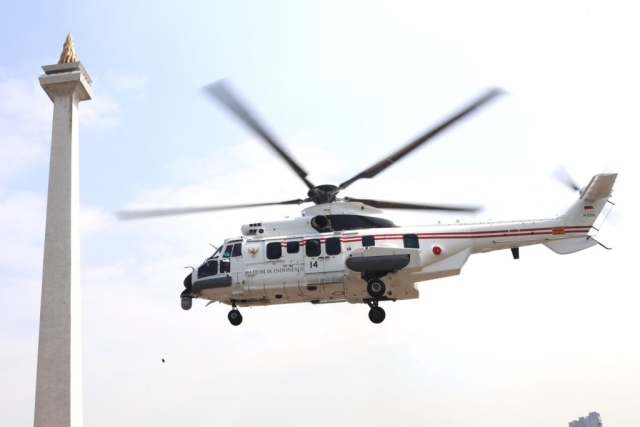India Allows Participation Of Middlemen In Defense Deals

India to legalize middlemen in arms purchases for avoiding hurdles with many foreign manufacturers, who find it difficult to negotiate the Indian environment and the language.
The government has taken the step to boost defence procurement as the country needs critical technology and equipment systems.
"The middle men have to be declared and their commission cannot be linked to the outcome of negotiations," Defence Minister Manohar Parrikar told NDTV.
The government will also allow these agents to participate in meetings to help the company they represent, since it may not be possible for official representatives to attend all meetings in India, Parrikar added.
The ministry could give conditioned and limited approval to dealing with banned defence firms, Mr Parrikar said.
Recently, Mr Parrikar cancelled the purchase of mine sweeper ships - which the Navy needs desperately for the security of its ports - after the South Korean manufacturer declared to the government that it had used the services of a Delhi-based agent for his English-speaking skills.
Mr Parrikar said the defence ministry will announce a more liberalized export regime centered on Prime Minister Narendra Modi's "Make in India" vision.
"Private companies must be allowed to export defence equipment made in India, and for that rules will be changed," Mr Parrikar said.
The foreign ministry would soon come out with a list of countries and equipment that cannot be exported, Minister added. Currently, private companies can't export weapons, equipment or components without clearance from the Government.
Middlemen or defence agents were banned for years after the multi-million dollar scandal in the 1980s involving alleged kickbacks paid to politicians and officials in the purchase of Bofors guns when the Congress was in power.
In 2003, a report recommended legalizing middlemen and making negotiations transparent, but it failed to end corruption as no agent registered with the government.










